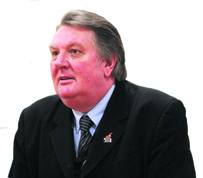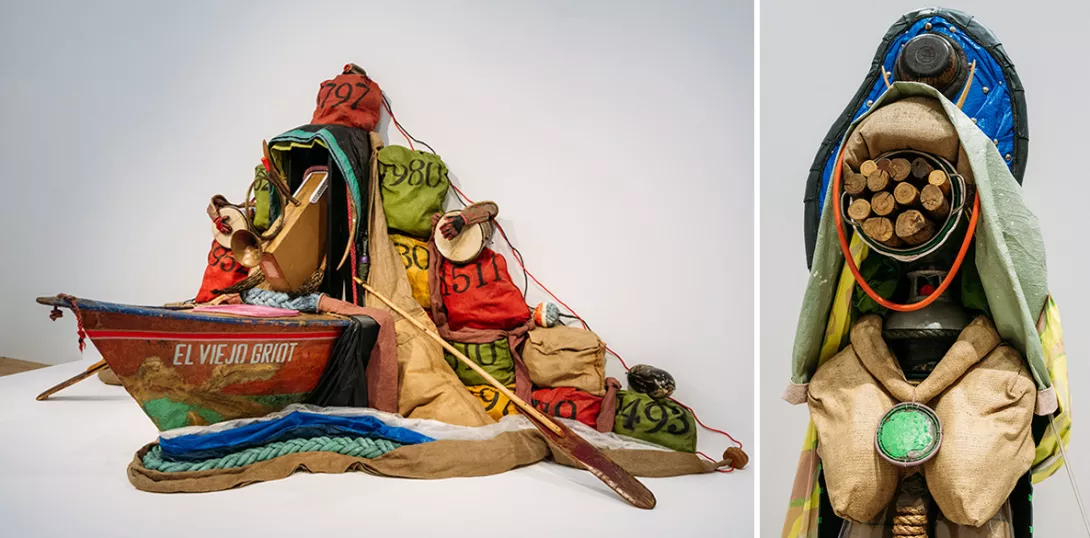ANDY HEDGECOCK relishes two exhibitions that blur the boundaries between art and community engagement
Global routes with TONY BURKE: May 23, 2024
The Jimi Hendrix of the kora, pure Soviet guitar and North African funk
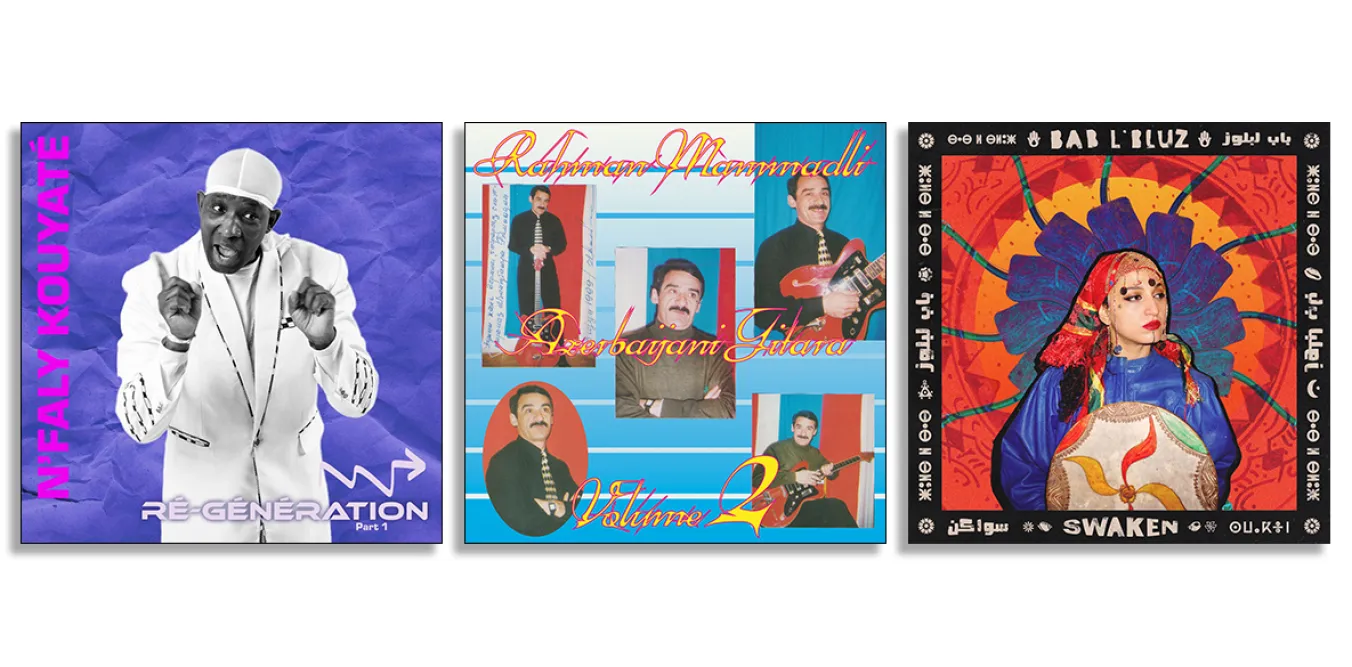
N’FALY KOUYATE, the vocalist, kora and balafon player with the Afro-Celt Sound System, hails from Guinea in West Africa.
Dubbed the “Jimi Hendrix Of The Kora,” after moving to Belgium in 1994 he joined the Afro-Celts singing and playing the kora in a band that mixed electronic music with traditional Gaelic and West African music attracting Robert Plant and Peter Gabriel to take the stage with them.
In February this year N’Faly did a solo UK tour to promote his single Premier Pas and to prepare for the release for the release of his new solo set Re-Generation Part One.
More from this author

The looming Trump presidency has forced unions to rebuild their unity and strength, writes TONY BURKE, as the SEIU returns to the AFL-CIO, healing the 2005 rift over organising priorities and getting ready to fight the right together
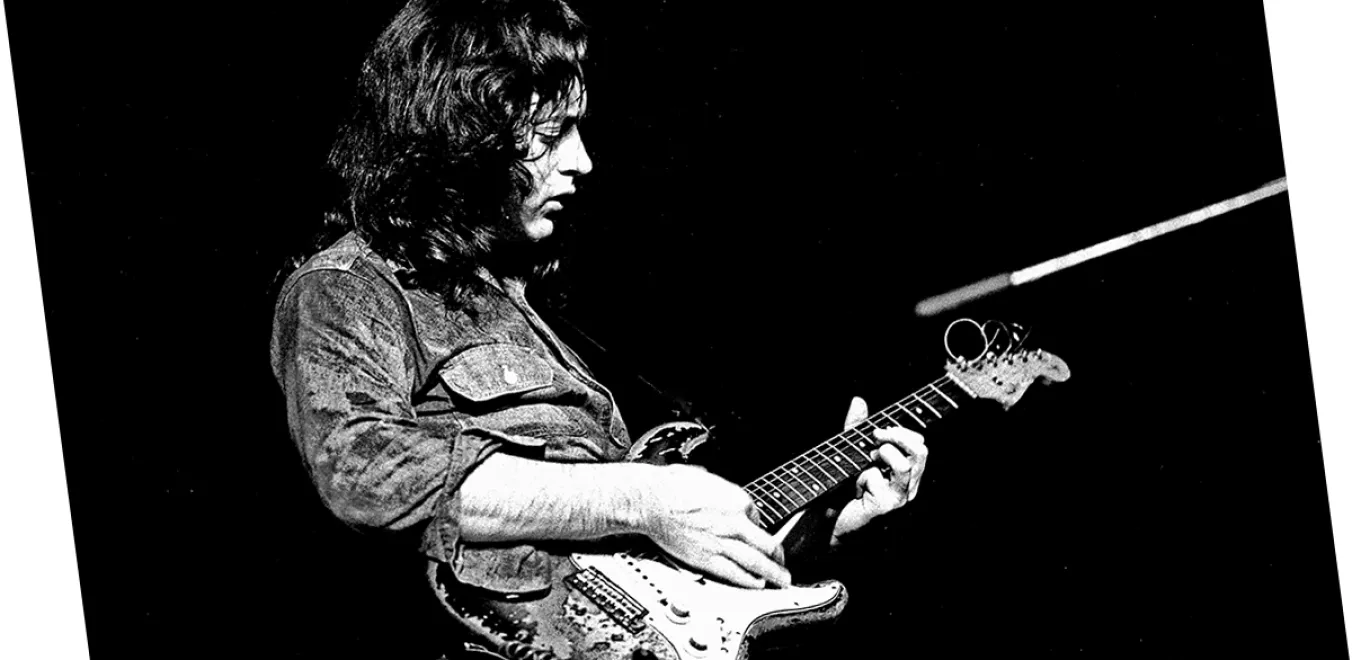
A horn of plenty, no less!
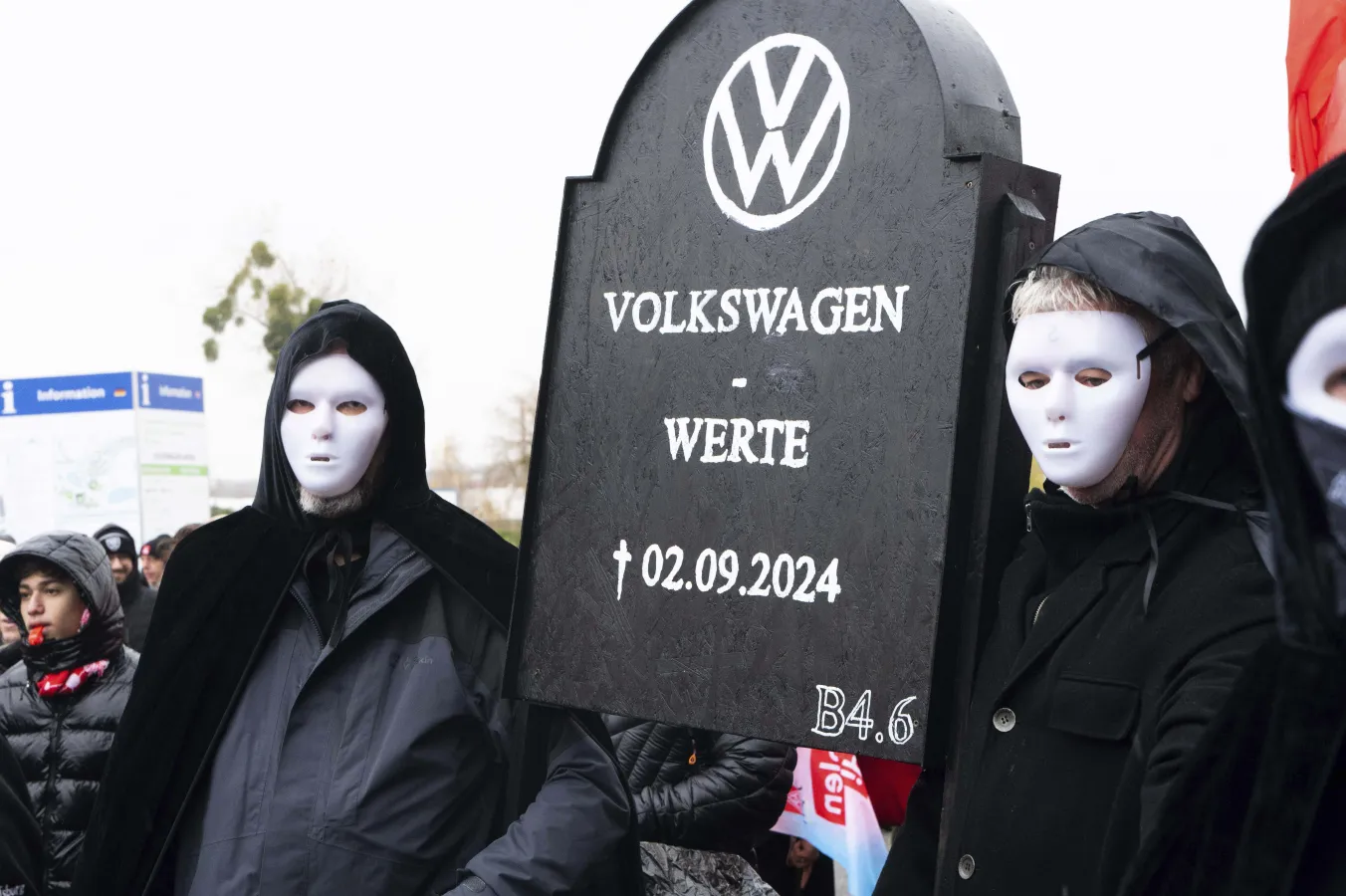
TONY BURKE reports on growing industrial unrest as Volkswagen plans its first German plant closures in 90 years amid its struggles to gain a place in the growing EV market, putting it on a collision course with IG Metall

From the ports to the postal service, Swedish unions are outmanoeuvring Tesla in solidarity with striking mechanics — speaking to Tony Burke, IF Metall’s MARIE NEILSON explains that collective bargaining remains non-negotiable in Sweden
Similar stories
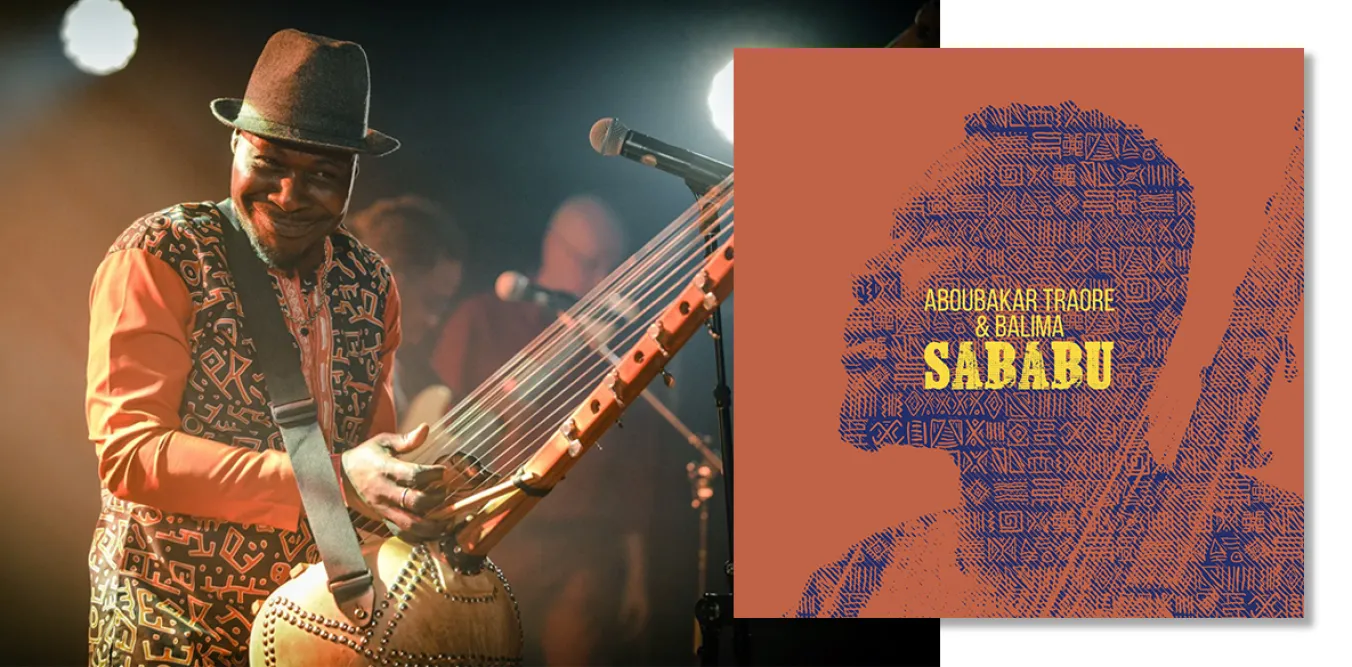
Two new releases from Burkina Faso and Niger, one from French-based Afro Latin The Bongo Hop, and rare Mexican bootlegs
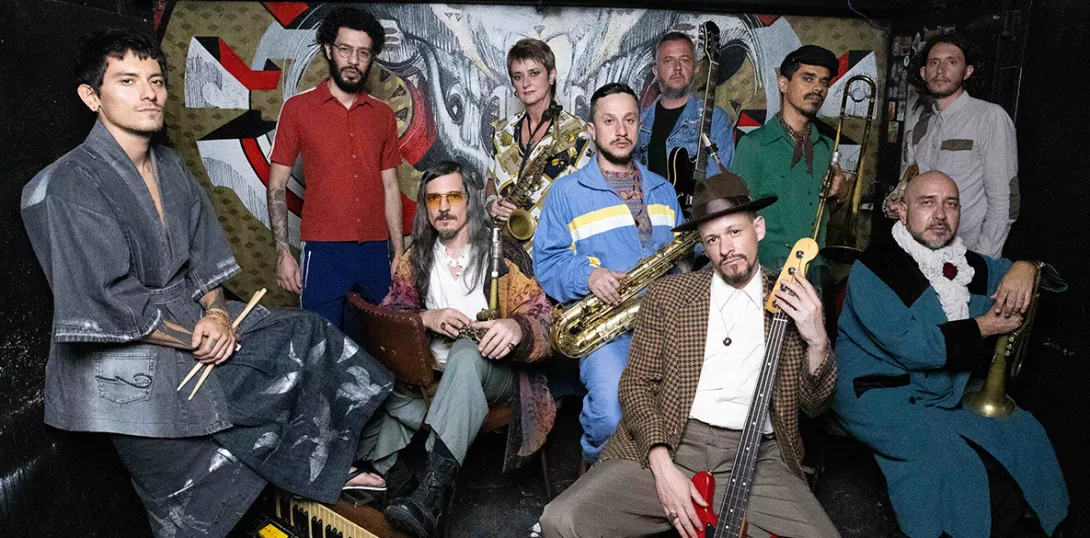
Brazilian groove, Black Africa and Malian mixtures
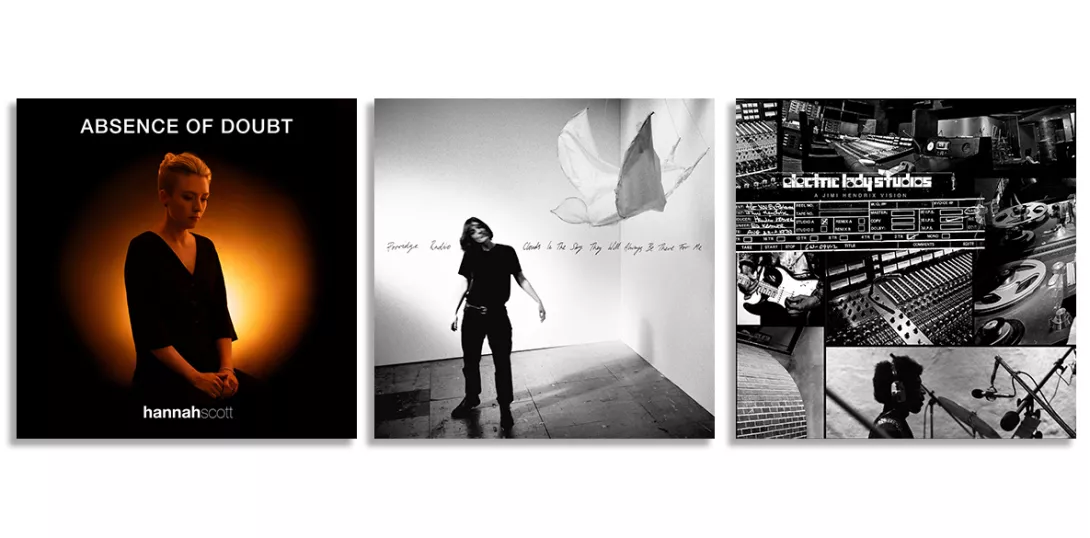
New releases from Hannah Scott, Porridge Radio and previously unreleased Jimi Hendrix
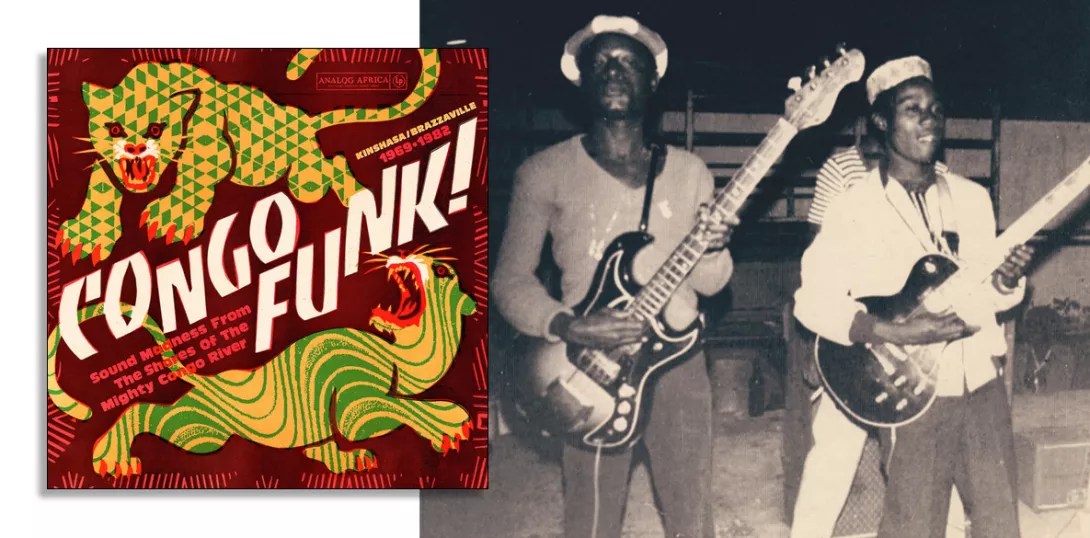
The musical progeny of the Rumble in the Jungle, and contemporary Nigerian Afrobeat


